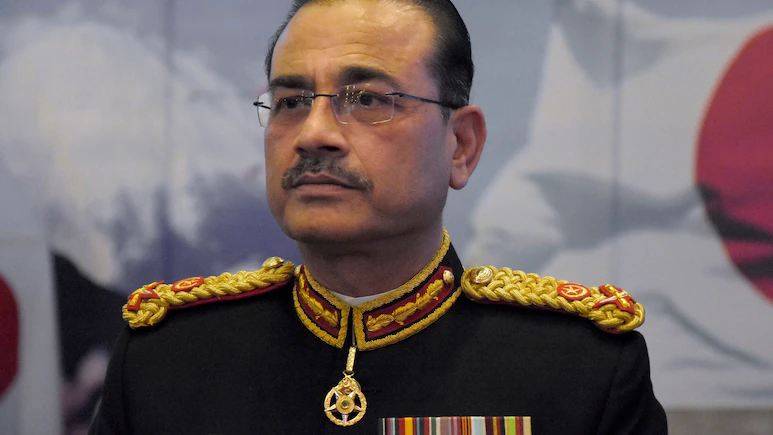In a sweeping political and military move, Pakistan’s Parliament has passed the 27th Constitutional Amendment, creating a powerful new position—Chief of Defence Forces—and formally giving Field Marshal Asim Munir a commanding role over all branches of the armed forces. The amendment, introduced shortly after Pakistan’s military suffered major losses in May during India’s Operation Sindoor, is being viewed as an attempt to tighten the army’s grip on national security and governance.
The amendment modifies Article 243 of the Constitution, empowering the President to appoint both the Chief of Army Staff and the new Chief of Defence Forces based on the Prime Minister’s recommendation. Under the changes, the Chief of Defence Forces, who will also serve as Army Chief, will select the head of the National Strategic Command—responsible for nuclear and high-level security operations—in consultation with the Prime Minister. The head of this command will always come from the Pakistan Army, further solidifying the army’s dominance in state affairs.
The legislation also authorizes lifetime promotions to the ranks of Field Marshal, Marshal of the Air Force, and Admiral of the Fleet, effectively granting permanent elite status to top military figures. It abolishes the post of Chairman, Joint Chiefs of Staff Committee, effective November 27, 2025.
According to local media, the constitutional overhaul was directly influenced by lessons learned from May’s four-day confrontation with India. The clashes erupted after India launched Operation Sindoor in retaliation for the April 22 Pahalgam terror attack, striking Pakistani-held terror infrastructure across the border. The intense skirmishes, which ended on May 10, reportedly left a dozen Pakistani aircraft—including U.S.-made F-16s—destroyed or damaged. Indian forces maintained that Pakistan sought an urgent ceasefire after suffering extensive military losses.
In the immediate aftermath of the operation, Pakistan’s government promoted General Asim Munir to Field Marshal, making him only the second officer in the country’s history to receive the title. Analysts believe the latest constitutional changes are designed to reinforce Munir’s authority and present a unified front after the embarrassment of Operation Sindoor.
The amendment bill, containing 49 clauses, was introduced in the Senate by Law Minister Azam Nazeer Tarar just hours after cabinet approval. Tarar described it as a “comprehensive reform” spanning five major areas, including the establishment of a Federal Constitutional Court and new procedures for appointing high court judges. However, the opposition Pakistan Tehreek-e-Insaf (PTI) party criticized the government for rushing the process. PTI’s Ali Zafar said senators were given the bill only hours before the vote and had “not read a word of it.”
Prime Minister Shehbaz Sharif, chairing the cabinet meeting from Azerbaijan, reportedly expressed full confidence in the amendment, calling it “a necessary step for a modern, coordinated defence structure.”
While the government presents the reform as a modernization measure, critics say it signals a deeper institutional shift—one that could formalize the military’s influence over Pakistan’s political and constitutional framework for decades to come.

